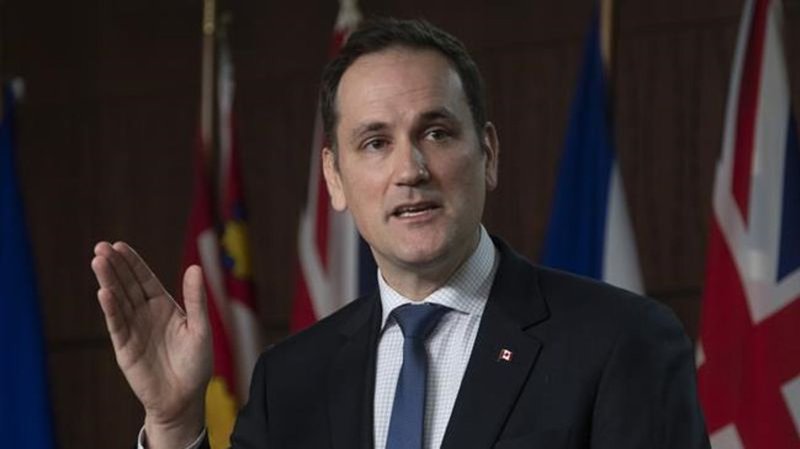
Liberal tree-planting pledge still sparse on details after two years: critic
OTTAWA — The Conservatives’ environment critic says almost two years after promising to plant two billion trees within a decade, the Liberals have provided little in the way of detail on how that will actually get done.
Prime Minister Justin Trudeau promised in the 2019 campaign as part of his climate platform to plant two billion trees by 2030, which amounts to an extra 200 million trees per year.
To reach that goal over a decade, around 33 million trees would have to go into the ground each month in a tree-planting season and in nine years that number grows to about 37 million trees.
“We’re two years into that commitment, almost two years into it, and they’re still acting like they still have another 10 years,” said Conservative environment critic Dan Albas.


